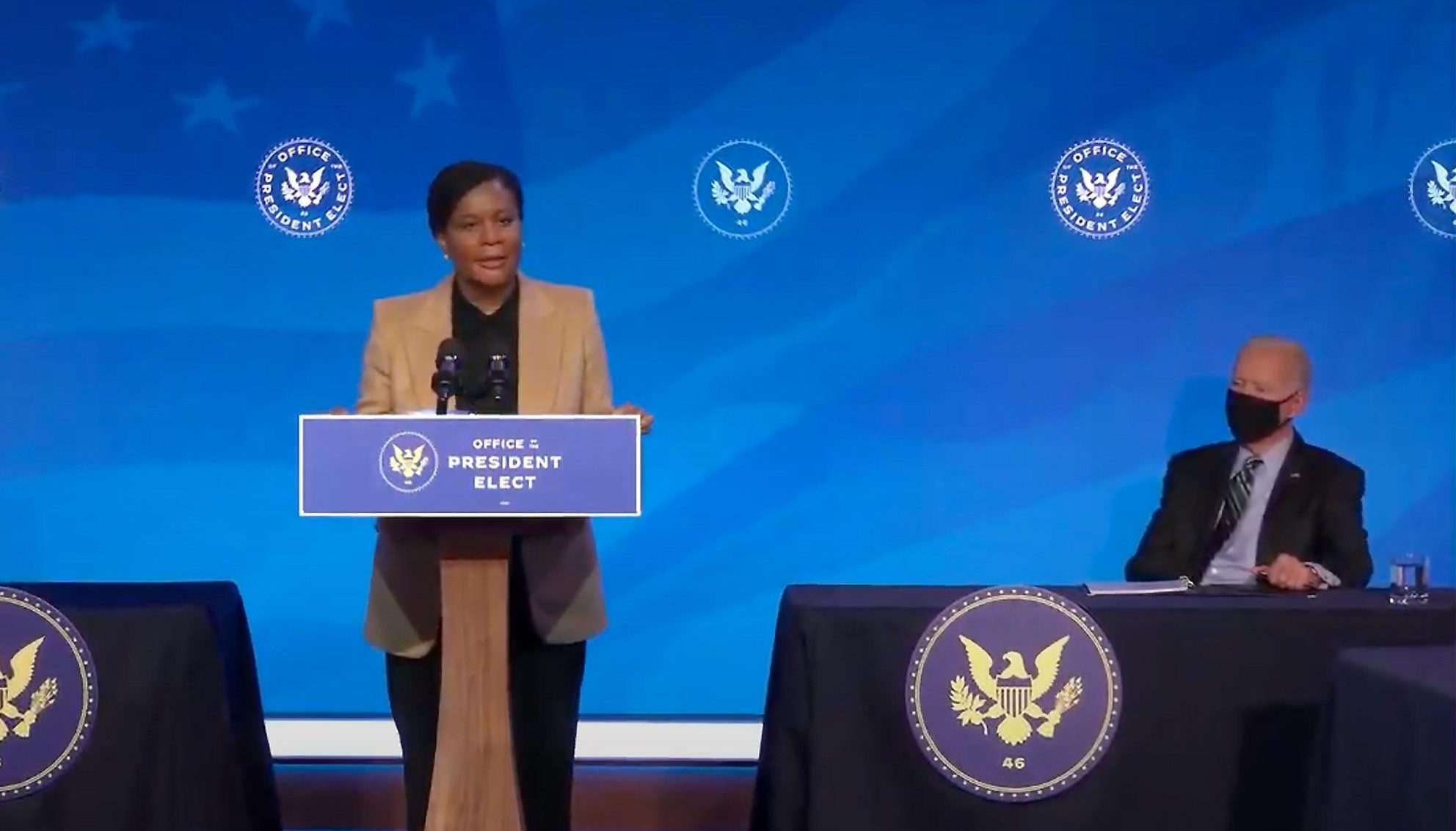
Chris Lange, FISM News
[elfsight_social_share_buttons id=”1″]
The Biden administration’s Office of Science and Technology Policy (OSTP) announced Thursday that, beginning in 2026, all scientific publications that receive federal funding must become openly accessible to the public, free of charge, on the publication date.
The move will essentially end an optional 12-month publication embargo that provided scientific journals with a yearlong paywall wherein only subscribers had access to the reports. The administration said this practice has “limited immediate equitable access” for Americans.
“All members of the American public should be able to take part in every part of the scientific enterprise — leading, participating in, accessing, and benefitting from taxpayer-funded scientific research,” the administration wrote in a statement.
The OSTP’s Aug. 25 memorandum seeks to make “all peer-reviewed scholarly publications authored or coauthored by individuals or institutions resulting from federally funded research” available without embargo or delay.
Data in peer-reviewed research articles is to be made available immediately upon publication, while other research data would be made available “within a reasonable time frame,” according to the memo.
OSTP acting head Alondra Nelson, who issued the memo, said the changes will help “level the playing field across a highly uneven funding landscape between academic disciplines.”
A federal public access policy consistent with our values of equal opportunity must allow for broad and expeditious sharing of federally funded research — and must allow all Americans to benefit from the returns on our research and development investments without delay.
Federal agencies are being asked to update public access policies to reflect the new guidance and submit the changes to the OSTP no later than Dec. 31, 2025.
The relatively unknown science and technology arm of the Executive Office of the President came under the national spotlight amid the COVID-19 virus outbreak. Last June, Republican members of the House Committee on Science, Space, and Technology sought to gain information on the OSTP’s role in issuing guidance to the Department of Health and Human Services (HHS) and National Institutes of Health (NIH) Gain-of-Function (GOF) research. The Wuhan Institute of Virology in China, where the virus is largely believed to have originated, is known for its GOF research.
In a joint letter to then-OSTP director Eric Lander, Michael Waltz, Subcommittee on Research and Technology ranking member, and Frank Lucas, ranking member on the Subcommittee on Research and Technology, requested information on the department’s role in GOF guidance and President Biden’s review of the COVID-19 origins.
“OSTP was the office that directed the pause of Gain-of-Function research across federal agencies, including the National Institutes of Health, in 2014,” the Reps. pointed out, adding that “the ‘pause’ and assessment of GOF research clearly indicates the severity and risk of GOF research when unsecured or in the hands of malign actors.”
They further noted that “despite the biosafety concerns that led to the pause, Gain-of-Function research resumed in 2017″ and referenced a $598,500 grant from the National Institute of Allergy and Infectious Diseases (NIAID) that went to EconoHealth to study bat coronavirus emergence at the Wuhan Institute of Virology. In 2019, the grant was reauthorized to the tune of $3.7 million over five years.
“The American people deserve a government-wide review of these decisions and taxpayer-funded research in the People’s Republic of China,” Waltz and Lucas asserted in the letter.
The OSTP was established by Congress in 1976 as a means of coordinating Federal science and technology policy and providing guidance to the president on advancements in science and technology, according to the White House website.
In addition to the sources cited, this article was partially informed by reports published by Axios and ARS Technica.
